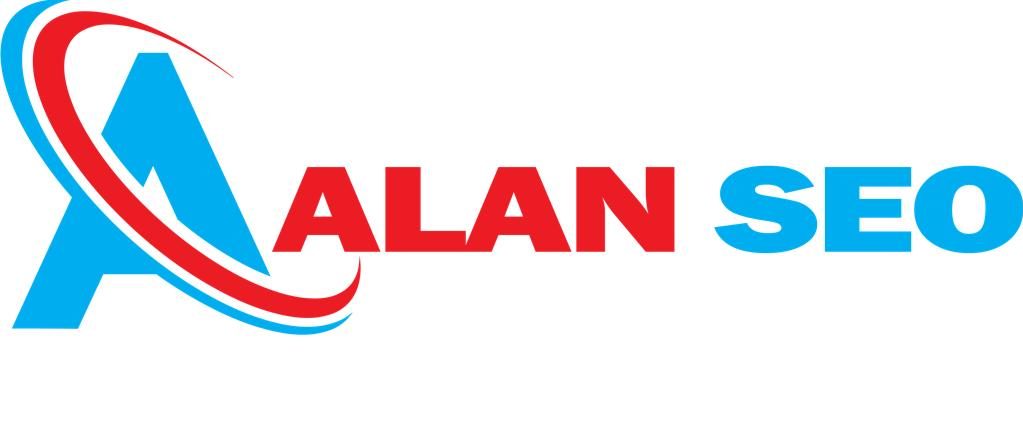Why Does Your Website Need SEO?
In the vast landscape of the internet, where countless websites compete for attention, Search Engine Optimization (SEO) stands as a crucial pillar for online success. For businesses, organizations, bloggers, and individuals alike, understanding the significance of SEO can make a substantial difference in their online visibility, brand awareness, and ultimately, their bottom line. This comprehensive guide aims to delve deeply into the reasons why your website needs SEO, exploring its multifaceted benefits and its indispensable role in today’s digital age.
1. Introduction to SEO
1.1 What is SEO?
SEO, or Search Engine Optimization, refers to the process of optimizing your website to enhance its visibility and ranking on search engine results pages (SERPs). It involves various strategies and techniques aimed at improving organic (non-paid) traffic to your site from search engines like Google, Bing, and Yahoo.
1.2 The Importance of SEO
In an era where online presence is paramount, SEO plays a pivotal role in ensuring that your website is discoverable by potential customers and audiences. Without effective SEO practices, your website may remain buried in search results, significantly limiting its reach and impact.
2. Enhancing Online Visibility
2.1 Ranking Higher on SERPs
One of the primary goals of SEO is to improve your website’s ranking on search engine results pages. Higher rankings mean increased visibility, as users are more likely to click on websites that appear at the top of the search results.
2.2 Targeting Relevant Keywords
SEO involves identifying and targeting relevant keywords and phrases that potential visitors are likely to use when searching for information related to your products, services, or content. By optimizing your content for these keywords, you can attract targeted traffic to your site.
2.3 Local SEO for Geographical Targeting
For businesses with a local presence, local SEO strategies are essential for targeting customers in specific geographic locations. Optimizing your website for local search queries can help you attract nearby customers and improve foot traffic to your physical location.
3. Building Credibility and Trust
3.1 Establishing Authority
SEO is not just about optimizing for search engines; it’s also about creating a user-friendly experience that builds trust and authority. Websites that consistently provide valuable, relevant content and a seamless browsing experience are more likely to be seen as authoritative sources in their respective industries.
3.2 Earning Backlinks
Backlinks, or incoming links from other websites, are a crucial aspect of SEO. They signal to search engines that your site is reputable and trustworthy. By earning backlinks from high-quality websites, you can improve your site’s credibility and organic search rankings.
4. Improving User Experience
4.1 Mobile Optimization
With the majority of internet users now browsing on mobile devices, mobile optimization is a critical component of SEO. Websites that are mobile-friendly and responsive not only rank better in search results but also provide a better user experience, leading to higher engagement and conversions.
4.2 Faster Loading Speeds
Page speed is another factor that search engines consider when ranking websites. A fast-loading website not only pleases search engine algorithms but also keeps users satisfied by reducing bounce rates and encouraging longer visits.
5. Increasing Organic Traffic and Conversions
5.1 Cost-Effective Traffic
Compared to paid advertising, organic traffic generated through SEO is cost-effective in the long term. Once your website starts ranking well for relevant keywords, you can attract a steady stream of visitors without constantly paying for clicks or impressions.
5.2 Higher Conversion Rates
Studies have shown that organic search traffic often leads to higher conversion rates compared to other sources. This is because users trust organic search results more and are more likely to engage with a website that appears trustworthy and authoritative.
6. Navigating Competitive Landscapes
6.1 Staying Ahead of Competitors
In competitive industries, effective SEO can give you a competitive edge by helping your website stand out from the competition. By implementing the right SEO strategies, you can outrank competitors, attract more customers, and strengthen your brand presence.
6.2 Adapting to Algorithm Changes
Search engines frequently update their algorithms to improve search results and combat spam. SEO professionals stay updated with these changes and adjust their strategies accordingly to ensure consistent visibility and performance in search rankings.
7. Long-Term Sustainability
7.1 Building Long-Term Assets
SEO efforts, such as creating high-quality content and earning backlinks, contribute to building long-term assets for your website. Unlike paid advertising, which stops generating traffic once the budget is exhausted, SEO investments can continue to yield results over time.
7.2 Adapting to Evolving Trends
The digital landscape is constantly evolving, with new trends, technologies, and user behaviours shaping the way websites are ranked. SEO allows you to adapt to these changes and stay relevant in an ever-changing online environment.
8. Measuring and Analysing Performance
8.1 Utilizing Analytics Tools
SEO is not a one-time effort but an ongoing process that requires continuous monitoring and optimization. By using analytics tools like Google Analytics and Search Console, you can track key metrics, analyse performance, and make data-driven decisions to improve your SEO strategy.
8.2 Iterative Optimization
Based on data insights and performance metrics, SEO professionals iteratively optimize websites to improve rankings, traffic, and conversions. This iterative approach allows for continuous improvement and adaptation to changing search dynamics.
9. The Indispensable Role of SEO
In conclusion, SEO is not just a marketing strategy; it’s a fundamental necessity for any website seeking to thrive in today’s digital landscape. From enhancing online visibility and building credibility to improving user experience and driving organic traffic, the benefits of SEO are vast and impactful. By understanding the importance of SEO and implementing effective strategies, you can position your website for long-term success, reach a broader audience, and achieve your online goals.

